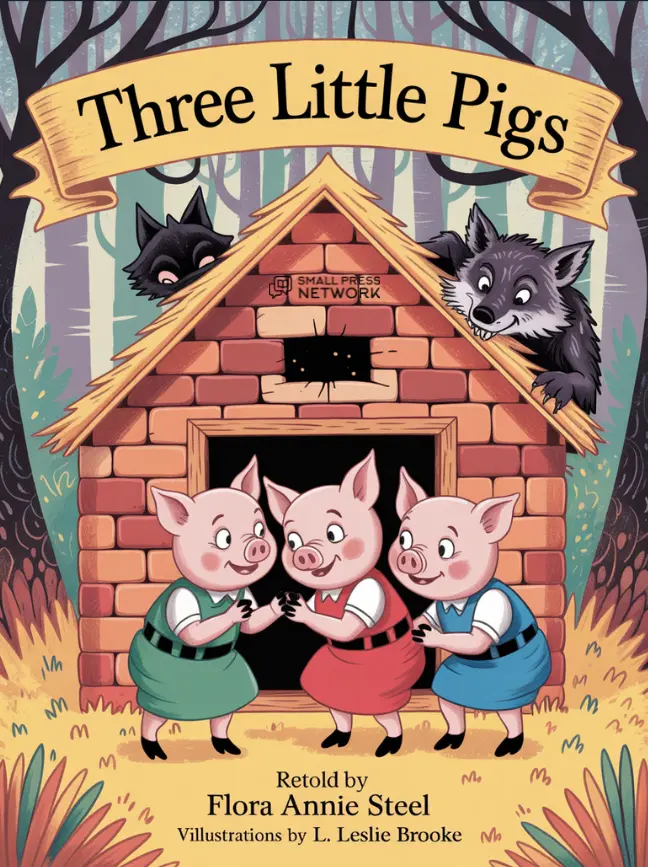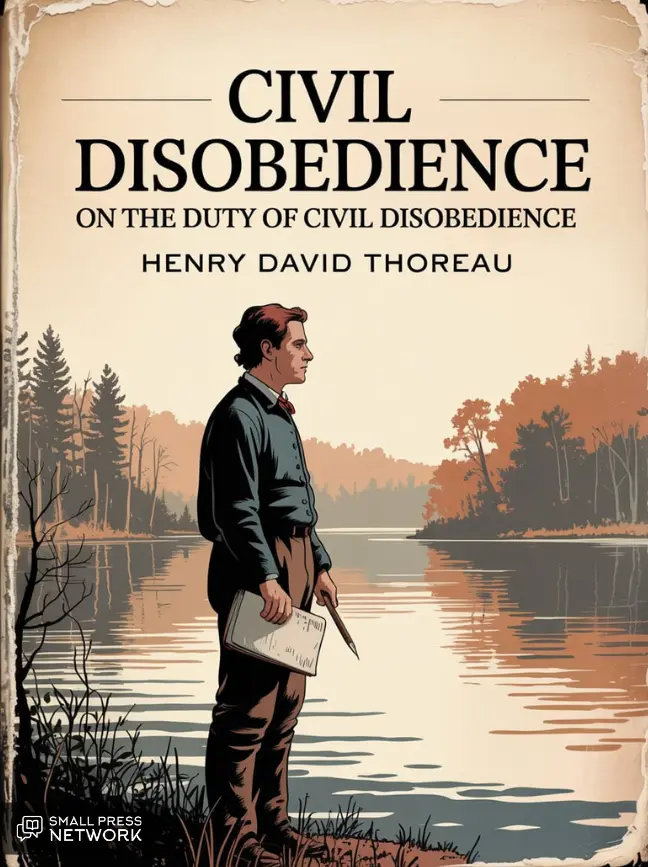937
Chapter XVII
Kutúzov like all old people did not sleep much at night. He often fell asleep unexpectedly in the daytime, but at night, lying on his bed without undressing, he generally remained awake thinking.
So he lay now on his bed, supporting his large, heavy, scarred head on his plump hand, with his one eye open, meditating and peering into the darkness.
Since Bennigsen, who corresponded with the Emperor and had more influence than anyone else on the staff, had begun to avoid him, Kutúzov was more at ease as to the possibility of himself and his troops being obliged to take part in useless aggressive movements. The lesson of the Tarútino battle and of the day before it, which Kutúzov remembered with pain, must, he thought, have some effect on others too.
“They must understand that we can only lose by taking the offensive. Patience and time are my warriors, my champions,” thought Kutúzov. He knew that an apple should not be plucked while it is green. It will fall of itself when ripe, but if picked unripe the apple is spoiled, the tree is harmed, and your teeth are set on edge. Like an experienced sportsman he knew that the beast was wounded, and wounded as only the whole strength of Russia could have wounded it, but whether it was mortally wounded or not was still an undecided question.
Now by the fact of Lauriston and Barthélemi having been sent, and by the reports of the guerrillas, Kutúzov was almost sure that the wound was mortal. But he needed further proofs and it was necessary to wait.
“They want to run to see how they have wounded it. Wait and we shall see! Continual maneuvers, continual advances!” thought he. “What for? Only to distinguish themselves! As if fighting were fun. They are like children from whom one can’t get any sensible account of what has happened because they all want to show how well they can fight. But that’s not what is needed now.
“And what ingenious maneuvers they all propose to me! It seems to them that when they have thought of two or three contingencies” (he remembered the general plan sent him from Petersburg) “they have foreseen everything. But the contingencies are endless.”
The undecided question as to whether the wound inflicted at Borodinó was mortal or not had hung over Kutúzov’s head for a whole month. On the one hand the French had occupied Moscow. On the other Kutúzov felt assured with all his being that the terrible blow into which he and all the Russians had put their whole strength must have been mortal. But in any case proofs were needed; he had waited a whole month for them and grew more impatient the longer he waited. Lying on his bed during those sleepless nights he did just what he reproached those younger generals for doing. He imagined all sorts of possible contingencies, just like the younger men, but with this difference, that he saw thousands of contingencies instead of two or three and based nothing on them. The longer he thought the more contingencies presented themselves. He imagined all sorts of movements of the Napoleonic army as a whole or in sections—against Petersburg, or against him, or to outflank him. He thought too of the possibility (which he feared most of all) that Napoleon might fight him with his own weapon and remain in Moscow awaiting him. Kutúzov even imagined that Napoleon’s army might turn back through Medýn and Yukhnóv, but the one thing he could not foresee was what happened—the insane, convulsive stampede of Napoleon’s army during its first eleven days after leaving Moscow: a stampede which made possible what Kutúzov
938
had not yet even dared to think of—the complete extermination of the French. Dórokhov’s report about Broussier’s division, the guerrillas’ reports of distress in Napoleon’s army, rumors of preparations for leaving Moscow, all confirmed the supposition that the French army was beaten and preparing for flight. But these were only suppositions, which seemed important to the younger men but not to Kutúzov. With his sixty years’ experience he knew what value to attach to rumors, knew how apt people who desire anything are to group all news so that it appears to confirm what they desire, and he knew how readily in such cases they omit all that makes for the contrary. And the more he desired it the less he allowed himself to believe it. This question absorbed all his mental powers. All else was to him only life’s customary routine. To such customary routine belonged his conversations with the staff, the letters he wrote from Tarútino to Madame de Staël, the reading of novels, the distribution of awards, his correspondence with Petersburg, and so on. But the destruction of the French, which he alone foresaw, was his heart’s one desire.
On the night of the eleventh of October he lay leaning on his arm and thinking of that.
There was a stir in the next room and he heard the steps of Toll, Konovnítsyn, and Bolkhovítinov.
“Eh, who’s there? Come in, come in! What news?” the field marshal called out to them.
While a footman was lighting a candle, Toll communicated the substance of the news.
“Who brought it?” asked Kutúzov with a look which, when the candle was lit, struck Toll by its cold severity.
“There can be no doubt about it, your Highness.”
“Call him in, call him here.”
Kutúzov sat up with one leg hanging down from the bed and his big paunch resting against the other which was doubled under him. He screwed up his seeing eye to scrutinize the messenger more carefully, as if wishing to read in his face what preoccupied his own mind.
“Tell me, tell me, friend,” said he to Bolkhovítinov in his low, aged voice, as he pulled together the shirt which gaped open on his chest, “come nearer—nearer. What news have you brought me? Eh? That Napoleon has left Moscow? Are you sure? Eh?”
Bolkhovítinov gave a detailed account from the beginning of all he had been told to report.
“Speak quicker, quicker! Don’t torture me!” Kutúzov interrupted him.
Bolkhovítinov told him everything and was then silent, awaiting instructions. Toll was beginning to say something but Kutúzov checked him. He tried to say something, but his face suddenly puckered and wrinkled; he waved his arm at Toll and turned to the opposite side of the room, to the corner darkened by the icons that hung there.
“O Lord, my Creator, Thou has heard our prayer…” said he in a tremulous voice with folded hands. “Russia is saved. I thank Thee, O Lord!” and he wept.





